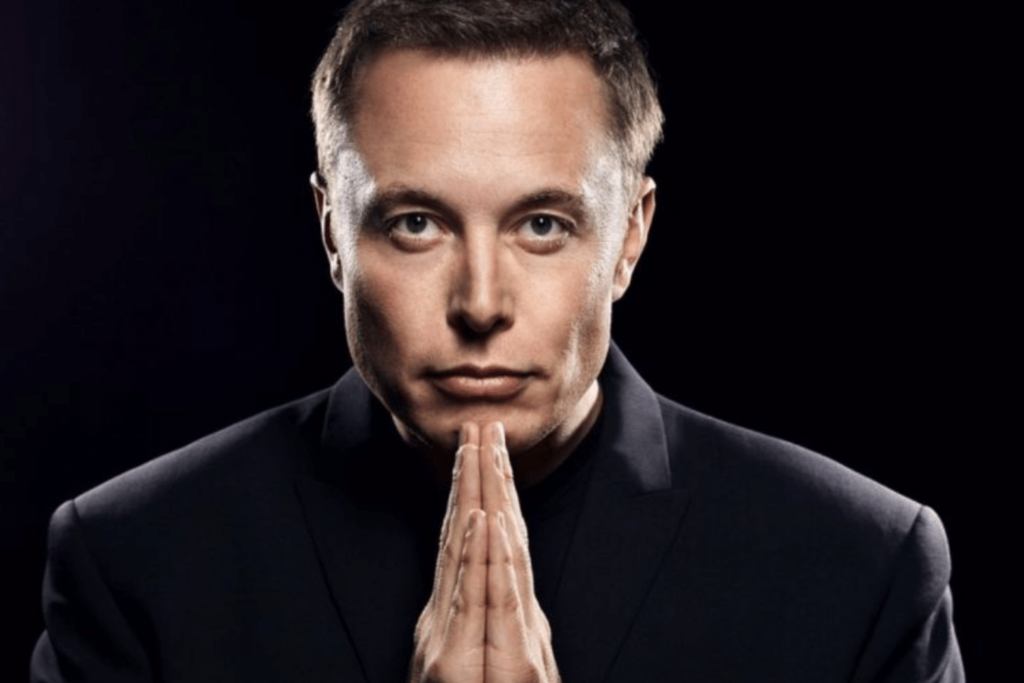Before Covid, Toby Shapshak was a regular traveller. But when the pandemic struck, he unpacked all his travel gear. But now we’re in 2023, planes are flying and it’s time to pack those bags up again. Here’s a list of gear you should always keep handy whether you’re flying off to some foreign country, a camping trip or even just heading to the local Spar down the road. You never know when they might be useful. Thule Tact Backpack 21L R5,000 | Thule Swedish luggage maestros Thule may have gotten as close to perfect as a travel bag can be.…
Author: Toby Shapshak
How much do Google, Facebook, and advertising technology (adtech) affect media organisations and publishers? Ask anyone in the media, and the answer is a lot. You can see it in the falling revenues and advertising agencies always preferring programmatic advertising under the delusion such accuracy of targeting is real. You see it in the decline in the number of publications and media houses. You certainly see it in the loss of jobs in the media industry. Now, the Competition Commission will investigate the impact of adtech having gazetted the final terms of reference for its Media and Digital Platforms Market…
If there was an award for guerrilla marketing, this year it would be won hands down by Checkers Sixty60. As South Africans tried to come to terms with seeing the green and gold Springboks running out in “hyper jade” kit, the internet has been awash with conspiracy theories about whose fault it is. This admittedly short-lived whodunnit took over the internet with some hilarious results – and lots of memes. It’s the second time this year that Sixty60 has been gifted such exposure. The first time was when Twitter owner Elon Musk rebranded the company as X – which looked…
Not many consumers will get as excited about a large-format camera as most photographers will. As the name implies, the Fujifilm GFX100 II has a larger sensor and can therefore capture more information in every frame of a video or photograph. Fujifilm’s GFX line-up of large-format cameras has a new top dog. The GFX100 II not only has a whopping 102MP sensor but also promises better shooting speed, auto-focus (AF) performance, and video quality. The new flagship camera uses its newly developed GFX 102MP CMOS II HS high-speed image sensor consisting of 102 million pixels. The sensor is 43.8mm x…
How much have we learned from Elon Musk’s latest biography, written by star biographer Walter Isaacson? The Guardian says eight, Barron’s says three – while just as many headlines seem to focus on how many kids he has (I think it’s 11.) The best – and shortest – book review comes from tech journo legend Kara Swisher, who tweeted, natch: “Sad & smart son slowly morphs into mentally abusive father he abhors except with rockets, cars & more money. Often right, sometimes wrong, petty jerk always. Might be crazy in good way, but also a bad way. Pile o’ babies.…
The other big news about Elon Musk this week – apart from the revelations in his soon-to-be-published biography – is that X is throttling links to news websites, specifically the New York Times. Once again, Musk seems to be missing the point. Just ask any OG Twitter user and they’ll tell you one of its best features is its links to interesting stories. Twitter was this place of serendipitous discovery. I read things that I would never have come across anywhere else. Like how a newspaper always gives you so much more value. Not because of one story you clicked…
There’s nothing particularly wrong with my Sonos Move. In fact, there’s nothing wrong at all with it. I often walk down to my pool – which was built in the 1970s and therefore far away from the house – with the Move, which continues to play with ease. That in and of itself isn’t that remarkable, you may say, but when my sophisticated smartphone loses Wi-Fi signal and the Move doesn’t, that’s impressive. So, I’m keen to see what improvements are crammed into the Move 2, which Sonos announced this month. It has double the battery life, now up to…
No sooner had the SABC and MultiChoice agreed on a broadcast deal for the Rugby World Cup (RWC) than the topic was back in the news – for all the wrong reasons. Again. eMedia – which broadcasts free-to-air channel eTV and the eNCA news channel on MultiChoice’s DStv – has published an open letter warning that 3.2 million South African households will not be able to view the sporting spectacle. These households rely on OpenView, a satellite broadcasting platform run by eMedia, which carries SABC1, 2, 3 and SABC Sport. “It is important to note that Openview does not generate…
Under a picture of Manie Libbok’s amazing no-look kick pass to Kurt-Lee Arendse, my friend asked: “Can you explain what the big deal was with this moment? Everyone seems to be losing their shit on Twitter about this”. You can forgive my non-rugby-loving friend for not knowing why that moment is so significant, given that he clearly didn’t watch last night’s Rugby World Cup opening game. (Whether I can remain friends with him is another story.) It may not have been the Springbok flyhalf’s best outing with the boot – he missed two penalties and a conversion – but it…
We’re big rugby fans at Stuff and Scrolla.Africa – and we’re not happy that everyone can’t watch the Springboks defend the World Cup. So, forget the SABC’s inability to strike a deal with Supersport, which was subsequently concluded the day before the event started. Forget the inevitable load shredding. We have found a number of ways to overcome these hurdles to our patriotic duty – but you will need to buy your own drinks. How to watch rugby for free Luckily, World Rugby has launched its own streaming platform – RugbyPass TV. It will live-stream every game of the Rugby…










